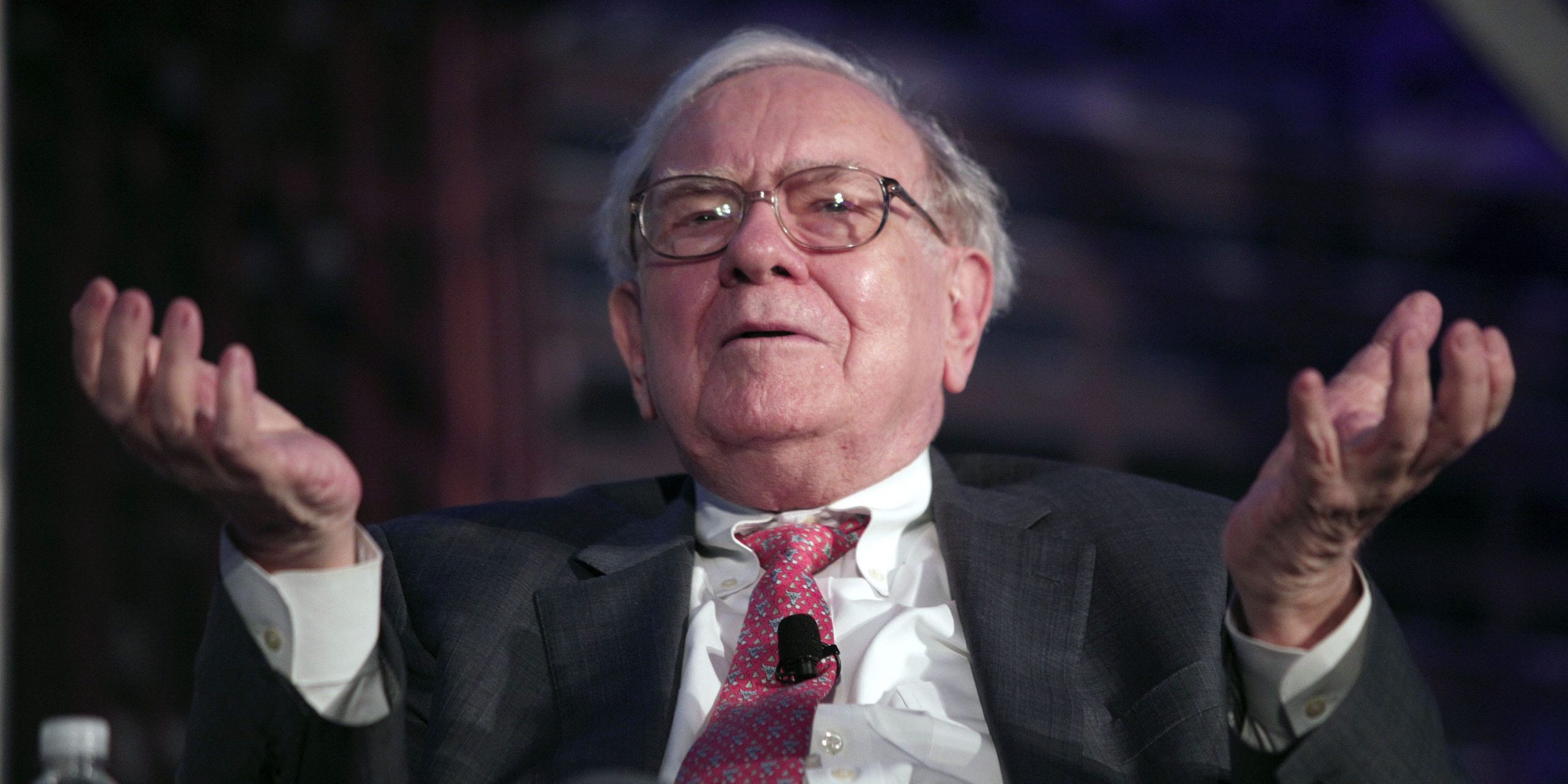
Getty Images
- Warren Buffett’s Berkshire Hathaway plans to invest about $570 million in Snowflake when the cloud-data platform goes public.
- Berkshire is set to buy about 7 million to 7.4 million shares, giving it a roughly 2.5% stake.
- The bet is striking because Buffett famously sticks to businesses he understands and has blasted IPOs as a poor value.
- “We like to buy things where nobody’s making a dime selling them to us,” Buffett said in an interview last year.
- Visit Business Insider’s homepage for more stories.
Warren Buffett’s Berkshire Hathaway is set to invest roughly $570 million in Snowflake when the cloud-data platform goes public at a potential $24 billion valuation in the coming weeks.
The famed investor’s company participating in an initial public offering by a “unicorn” — a private startup valued at over $1 billion — might just be a rarer sight than a horned horse.
Catching snowflakes
Berkshire has signed up to buy $250 million worth of Snowflake’s stock in a private placement. It has also agreed to purchase 4 million shares from former Snowflake CEO Robert Muglia at the IPO price.
Snowflake expects to price its shares between $75 and $85. As a result, Berkshire is set to shell out $550 million to $590 million for roughly 7 million to 7.4 million shares.
Berkshire’s shares are likely to give it a 2.5% to 2.6% stake in the software group, which is targeting a valuation of $20.9 billion to $23.7 billion — more than 78 times its revenue last fiscal year.
Avoiding technology
Berkshire's bet on Snowflake is surprising because Buffett has avoided technology stocks for most of his career, preferring to stay within his "circle of competence" and invest in companies he understands.
One of Buffett's deputies, Todd Combs, is likely behind the Snowflake investment, as his signature is in the IPO filing. However, it's still a jarring departure for Berkshire to back a tech company that lost close to $350 million last fiscal year.
Berkshire's stable is dominated by steady, reliable businesses such as utilities, manufacturers, retailers, and insurers. The biggest holdings in its stock portfolio are relatively staid companies, such as American Express, Coca-Cola, Bank of America, and Kraft Heinz.
The glaring exception is Apple, the most valuable holding in Berkshire's portfolio. However, Berkshire invested only a few years ago, and Buffett views the iPhone maker more as a consumer-products company than as a tech firm.
'They don't even call us'
Buffett and Charlie Munger, his business partner, have long avoided IPOs and warned investors against participating in them.
"In 54 years I don't think Berkshire's ever bought a new issue," Buffett said in a CNBC interview last year. The sole exception is StoneCo, a Brazilian digital-payments group that Berkshire backed when it went public in 2018.
Buffett highlighted the hype around IPOs and the strong incentives to drive up their price as compelling reasons to stay away.
"How can it be the best single thing to use your money for in a given day is something that you've got everybody in the world out pushing it?" Buffett said. "It just doesn't make any sense."
He added, "We like to buy things where nobody's making a dime selling them to us."
Buffett also said at Berkshire's 2004 annual meeting that the timing of an IPO tends to favor the company, not its new investors.
"The seller decides when to come to market in most cases," he said. "They don't pick a time necessarily that's good for you."
Buffett said in another interview last year that valuation was a major concern for him.
"I certainly wouldn't buy a business for $25 billion," Buffett said, adding that it would have to earn $2.5 billion to $3 billion in pretax income in five years "to even be on the same radar screen as things you can buy now."
The investor also dismissed the idea that avoiding IPOs means missing out on future stars such as Amazon and Google; he argued that most of them turn out to be duds.
"You can go around making dumb bets and win," he said. "It's not something you want to take as a lifetime policy though."
Berkshire's reputation for eschewing IPOs has led to companies not even bothering to contact Berkshire before going public.
"They don't even call us," Munger said in the CNBC interview.
A shift in stance
Given Buffett's historical aversion to tech companies and IPOs, it's deeply surprising that his company is buying into a loss-making software business at a sky-high valuation.
The best explanation may be that Buffett trusts Combs' judgment, especially as $570 million isn't too large a bet for a company with a roughly $200 billion stock portfolio and close to $150 billion in cash at the last count.
The Snowflake investment is also the latest sign that Berkshire is revamping its strategy and seeking out new types of investments.
For example, it bought shares in a gold miner for the first time last quarter, disclosed 5% stakes in Japan's five biggest trading companies just over a week ago, and slashed its Wells Fargo stake to a 17-year low last week.

